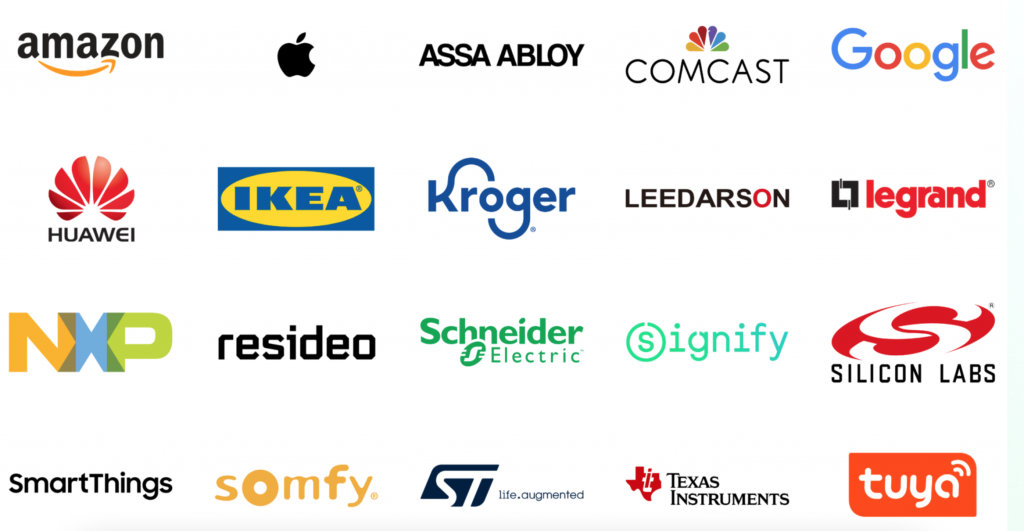The quest to upgrade your home to a fully functioning smart home can be complicated, especially when there are multiple products from different brands and manufacturers to choose from.
You may feel forced to opt for one smart home brand in order to have a seamless smart home experience, and will understand how frustrating it is when you realise your Alexa doesn’t seamlessly sync up to your Arlo thermostat as you’d like. This is where Matter comes in.
But what actually is Matter and how is it beneficial to smart home products? Keep reading to learn more about Matter and how you can utilise it in your home.
What is Matter?
Matter is essentially a connectivity standard for smart home and IoT devices. Instead of having to stick to the same brands for all smart devices in your home, Matter allows different brands and smart devices to communicate and work with each other.
This means that any product that is Matter certified can be controlled in a way that’s preferable to the user, whether that be through Alexa, Apple HomeKit, Samsung SmartThings or Google Assistant.
Matter’s communication standard runs over IP, stating how a device can communicate and be discovered, making the interaction between brands much simpler and more fluid.
How does Matter communicate?
Matter uses Wi-Fi technology and the Thread mesh network for communicating, as well as using Bluetooth Low Energy for commissioning. However, Zigbee devices should be able to communicate in the future, with the Zigbee Alliance being a part of the Matter group.
This does mean that smart devices will need to support Wi-Fi in order to be supported.
Can you voice control Matter devices?
Yes, to help make Matter more fluid and streamlined, the company has stated that voice control will be supported over services such as Amazon’s Alexa, Apple’s Siri and Google’s Assistant, among others.
Which companies are supported by Matter?
Matter has been developed with the help of some major players, including Amazon, Google, Apple and Samsung, with smaller companies like Wyze, Signify and Eve also playing a key role. All in all, more than 280 brands are associated, with over 190 devices now being certified.
Some of the brands that offer support can be found below.


Which devices are supported by Matter?
Since Matter’s initial launch back in October 2022, there are now over 1,214 devices that are Matter certified, which is a huge increase from the original 200 or so. While the first launch focused on smaller devices, such as smart lights and bulbs for example, Matter’s last update has a definite focus on bigger device types, including:
- Refrigerators
- Dishwashers
- Washing machines,
- Robot vacuums,
- Smoke and carbon monoxide alarms,
- Air purifiers and fans.
It has also been said that the Connectivity Standards Alliance says further support for security cameras, dryers and EV chargers is coming soon.
While we can’t yet confirm which other devices will support Matter, we know that it connects via Wi-Fi, Ethernet, or the aforementioned Thread. This means that any existing smart home devices that you own that can support those standards, and has the processing power to support the service itself, may end up supporting the technology through a future software update. You will likely receive an email or notification in the future for any existing products that plan to integrate it.
What are the other benefits of Matter?
Matter’s easy setup is significant as you shouldn’t need to download yet another brand’s app and create a new profile or retrace long lost accounts. Instead, you should be able to open your smart home app of choice, scan the Matter code and connect accordingly.
Another one of the biggest selling points for Matter is that it removes platform compatibility as a differentiator. As different brands can work seamlessly together with Matter, this means you should no longer need to feel obliged to one smart home brand over another, especially if the alternative will save you money.
Matter also promises secure and reliable local connectivity for smart home devices, without needing to do anything complicated like set up your own server or without needing to rely on the cloud. This is ideal for those who would prefer their data kept away from the cloud and stayed local.













